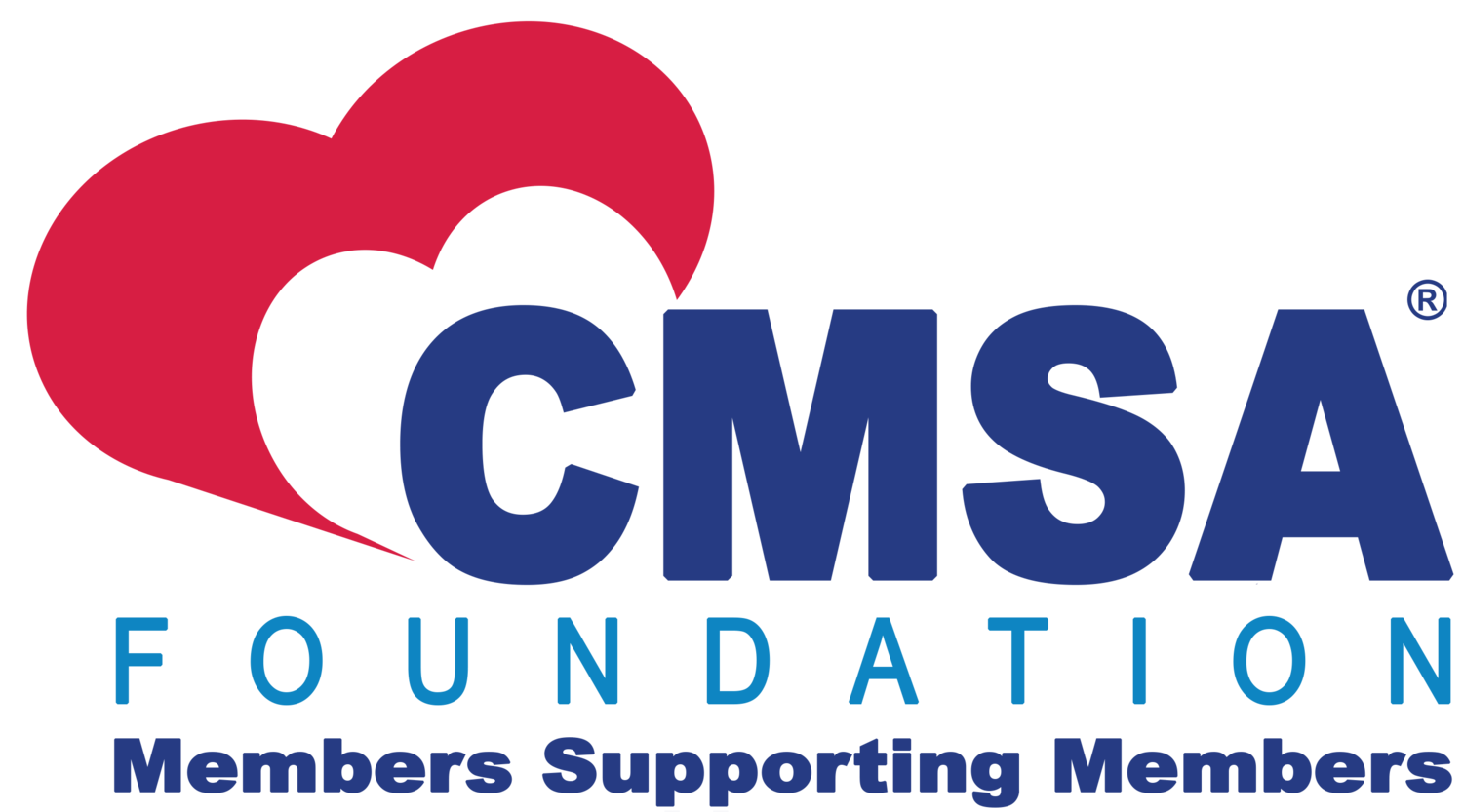2025 CASE MANAGEMENT RESEARCH AWARD
PROJECT TITLE: Professional Identity in Case Management: Exploring Case Manager’s Perceptions & Looking Forward
RECIPIENTS: Colleen Morley DNP, RN, CCM, CMAC, CMCN, CMGT-BC, ACM, FCM, Lisa Parker-Williams DNP, MBA, RN, CCM, Ellen Fink-Samnick DBH, MSW, LCSW, ACSW, CCM, CCTP, CRP, FCM
CATEGORY: Case Management Research
ABSTRACT: Professional case managers are indispensable in ensuring that patients receive coordinated, high-quality care. They serve as vital intermediaries between patients, healthcare providers, and support services, playing a critical role in improving outcomes, reducing costs, and facilitating seamless care transitions. However, despite their integral role, there remains a significant gap in understanding how case managers across various healthcare settings perceive, develop, and sustain their professional identity. This lack of clarity poses challenges in aligning organizational policies, educational frameworks, and professional development initiatives with the evolving needs of case managers. Professional identity, defined as the internalization of professional roles, values, and ethical standards, is influenced by a combination of personal, organizational, and societal factors. For case managers, professional identity is shaped by primary discipline, clinical expertise, interdisciplinary collaboration, ethical decision-making, and patient-centered care. However, factors such as unclear role definitions, hierarchical team dynamics, organizational culture, and evolving healthcare technologies often complicate identity development. These challenges can lead to professional ambiguity, decreased job satisfaction, burnout, and reduced effectiveness in patient advocacy and care coordination.
This study applies the MacLeod Clark Professional Identity Scale (MCPIS) as its primary framework to assess professional identity formation among case managers. Originally developed for healthcare professions, the framework has been adapted to evaluate case managers' sense of belonging, commitment to professional values, confidence in role performance, interdisciplinary collaboration, and organizational influences. It conceptualizes professional identity as a dynamic process shaped by education, clinical experience, teamwork, and workplace culture. By using MCPIS, the study identifies patterns in professional identity development, examines role clarity challenges, and provides evidence-based recommendations for strengthening professional identity through mentorship, education, leadership training, and policy changes.
RESULTS / OUTCOMES: The findings (n=1128) indicate a strong sense of professional identity and belonging among respondents. The majority (91.5%) strongly identify with their profession, reflecting deep integration and alignment, with only a small fraction expressing neutrality or dissatisfaction. Most respondents also feel connected to their peers, with over three-fourths reporting strong ties, although a minority (~21%) may benefit from enhanced networking or collaboration opportunities. Pride in belonging to the profession is evident, with 83.3% expressing satisfaction and pride. Nearly all respondents (93.8%) identify positively with their peers and feel they share characteristics with others in the profession, underscoring a sense of unity and shared goals. Optimism about career prospects is prevalent, with 83.1% expressing confidence in their future, though a small subset (16.9%) may benefit from career development support. Additionally, 94.8% of respondents view their role as valuable and impactful, reinforcing their professional commitment. The insights gleaned from this project emphasize the strong professional identity, engagement, and commitment of case managers, underscoring their critical role in healthcare. The vast majority of respondents express a deep connection to their profession, a strong sense of belonging, and pride in their contributions. This high level of professional satisfaction and optimism about future career prospects suggests that case managers view their work as meaningful and impactful. Furthermore, the findings highlight a culture of collaboration, with case managers actively participating in interprofessional teams, contributing to team effectiveness, and demonstrating confidence in facilitating teamwork and problem-solving.
